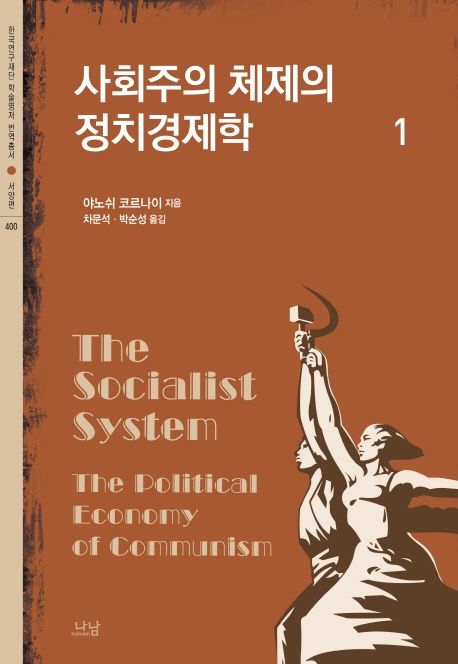
Corruption, development and institutional design
- 발행사항
- New York : Basingstoke [England] ; Palgrave Macmillan, 2009
- 형태사항
- xxiv, 265 p. : ill.; 23 cm
- ISBN
- 9780230546998
- 청구기호
- 320 K84c
- 서지주기
- Includes bibliographical references and index
소장정보
| 위치 | 등록번호 | 청구기호 / 출력 | 상태 | 반납예정일 |
|---|---|---|---|---|
이용 가능 (1) | ||||
| 1자료실 | 00013288 | 대출가능 | - | |
- 등록번호
- 00013288
- 상태/반납예정일
- 대출가능
- -
- 위치/청구기호(출력)
- 1자료실
책 소개
With the end of the Cold War at the end of the twentieth century, the post-socialist transition in Central and Eastern Europe, China and Vietnam, the impressive growth of India, and the rapid spread of globalization, today's world is vastly different from that of two or three decades ago. Many of these changes are closely related to the concerns of economics and, in particular, institutional economics, which has been brought to the forefront due to the analysis of institutions in transition economies, and the realisation of how large a part they play in a successful market economy. With the aim of providing a comprehensive analysis of institutions, and of the global economy more generally, this volume explores systems of institutions, the interactions between institutions, and the effect that corruption can have on them. There is also an examination of the impact of immigration, a look at developments in behavioural economics, and an exploration of the links between democratic progress and economic growth. This volume brings together a wide range of scholars from around the world and provides a comprehensive overview of recent trends in economics, as well as explaining how economics plays a crucial part in understanding and analysing important changes taking place internationally. With a variety of contributions focusing on institutions, development and corruption, this volume is essential reading for all those interested in examining the part which economic institutions play in transition, and for those wanting to place the modern world in a wider economic context.
목차
Electoral Rules and Constitutional Structures as Constraints on Corruption; J.Kunicova and S.Rose-Ackerman State Capture from Yeltsin to Putin; E.Zhuravskaya and E.Iakovlev Democracy for Better Governance and Higher Economic Growth in the Middle East and North Africa Region?; M.K.Nabli Distance to the Efficiency Frontier and Foreign Direct Investment Spillovers; K.Sabirianova, J.Svejnar and K.Terrell A Portrait of the Chinese Entrepreneur; G.Roland The Brain Drain, Educated Unemployment, Human Capital Formation and Economic Betterment; C.S.Fan and O.Stark On an Optimal Selective Migration Policy when Information is Asymmetric and Incentives Count; A.Casarico, O.Stark and S.Uebelmesser International Migration, Human Capital Formation and the Setting of Migration Control Policies: Mapping the Gains; A.Casarico, C.Devillanova, O.Stark and S.Uebelmesser A Gain with a Drain? Evidence from Rural Mexico on the New Economics of the Brain Drain; S.Boucher, O.Stark and J.E.Taylor Redesigning Public Utilities: The Key Role of Micro-Institutions; C.Menard Does Regulation and Institutional Design Matter for Infrastructure Sector Performance?; L.Andres, J.L.Guasch and S.Straub Institutional Design and Energy Reform in the UK; R.Green





